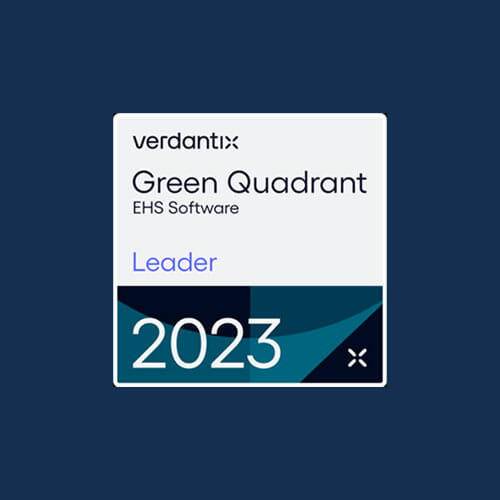Earlier this week the Securities and Exchange Commission (SEC) announced the release of proposed rule changes that would require US public companies to include certain climate-related disclosures in their registration statements and periodic reports. This includes information about climate-related risks that are reasonably likely to have a material impact on their business, certain climate-related financial statement metrics and disclosure of greenhouse gas (GHG) emissions.
“I am pleased to support today’s proposal because, if adopted, it would provide investors with consistent, comparable, and decision-useful information for making their investment decisions, and it would provide consistent and clear reporting obligations for issuers.”
– SEC Chair Gary Gensler
Gensler also noted that the SEC’s core bargain from the 1930s is that investors get to decide which risks to take, as long as public companies provide full and fair disclosure and are truthful in those disclosures.
According to Gensler’s statement:
“Today, investors representing literally tens of trillions of dollars support climate-related disclosures because they recognize that climate risks can pose significant financial risks to companies, and investors need reliable information about climate risks to make informed investment decisions. Today’s proposal would help issuers more efficiently and effectively disclose these risks and meet investor demand, as many issuers already seek to do. Companies and investors alike would benefit from the clear rules of the road proposed in this release.”
SEC Chair Gary Gensler also expressed that he believes the SEC has a role to play when there’s this level of demand for consistent and comparable information that may affect financial performance. This proposal thus is driven by the needs of investors and issuers.
Proposed Rule Changes
The proposed rule changes would require a registrant to disclose information about:
- The registrant’s governance of climate-related risks and relevant risk management processes
- How any climate-related risks identified by the registrant have had or are likely to have a material impact on its business and consolidated financial statements, which may manifest over the short-, medium-, or long-term
- How any identified climate-related risks have affected or are likely to affect the registrant’s strategy, business model, and outlook
- The impact of climate-related events (severe weather events and other natural conditions) and transition activities on the line items of a registrant’s consolidated financial statements, as well as on the financial estimates and assumptions used in the financial statements.
For registrants that already conduct scenario analysis, SEC has developed transition plans, or publicly set climate-related targets or goals, the proposed amendments would require certain disclosures to enable investors to understand those aspects of the registrants’ climate risk management.
Scope 1, 2 and 3 GHG Emissions Disclosures
The proposed rules also would require a registrant to disclose information about its direct greenhouse gas (GHG) emissions (Scope 1) and indirect emissions from purchased electricity or other forms of energy (Scope 2). In addition, a registrant would be required to disclose GHG emissions from upstream and downstream activities in its value chain (Scope 3), if material or if the registrant has set a GHG emissions target or goal that includes Scope 3 emissions.
These proposals for GHG emissions disclosures would provide investors with decision-useful information to assess a registrant’s exposure to, and management of, climate-related risks, and in particular transition risks.
The proposed rules would provide a safe harbour for liability from Scope 3 emissions disclosure and an exemption from the Scope 3 emissions disclosure requirement for smaller reporting companies. The proposed disclosures are similar to those that many companies already provide based on broadly accepted disclosure frameworks, such as the Task Force on Climate-Related Financial Disclosures (TCFD) and the Greenhouse Gas (GHG) Protocol.
Under the proposed rule changes, accelerated filers and large accelerated filers would be required to include an attestation report from an independent attestation service provider covering Scopes 1 and 2 emissions disclosures, with a phase-in over time, to promote the reliability of GHG emissions disclosures for investors.
The proposed rules would include a phase-in period for all registrants, with the compliance date dependent on the registrant’s filer status, and an additional phase-in period for Scope 3 emissions disclosure.
The proposed release will be published on SEC.gov and in the Federal Register. The comment period will remain open for 30 days after publication in the Federal Register, or 60 days after the date of issuance and publication on sec.gov, whichever period is longer.













